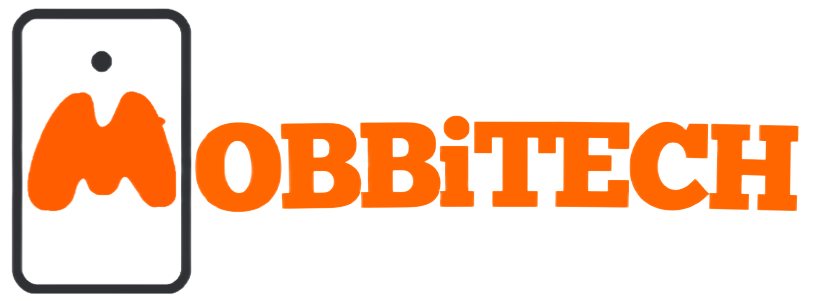Table of Contents
During the past few years, the InsurTech industry has seen a lot of hype and controversy. However, it seems that the future is bright for InsurTech. Let us learn more about the trends shaping the industry and how InsurTech is changing the face of auto insurance.
1. Identity Verification Technology
Using new digital verification technologies is a must for the auto insurance industry. It will help improve the user experience and make onboarding easier for customers. It will also allow insurers to increase access to their services. Moreover, it will enable organizations to boost customer loyalty and regulatory compliance. The use of new technologies in the insurance services sector has increased over the past few years. Firms are experimenting with a variety of verification methods today. However, the number of organizations with fully automated verification processes is still relatively small.

Insurers must also overcome the hurdles of the growing volume of client data. This data can be a source of fraud. By combining multiple layers of authentication, insurance providers can combat the risk of identity fraud and financial crimes. Since insurance fraud is prevalent in auto insurance, integrating this technology can be highly beneficial. Reduced fraud will also improve customer trust and lead to more transparent frameworks.
2. Automated Vehicle Inspections
Using AI to assess vehicle damage can be a game changer for companies. It can reduce the time it takes to process claims, eliminate delays in policy issuance, and allow insurers to detect fraud more effectively. The traditional car inspection model requires insurance companies to send surveyors to the site of an accident. Depending on the location, this can take from two days to a couple of weeks.
Inspektlabs’ AI-powered solution allows insurers to quickly and accurately assess vehicle damage, and it can reduce costs and increase customer satisfaction. The automated inspection process uses AI to analyze uploaded photos and estimates damages. It then generates an inspection report and a repair estimate. The system can detect and accurately assess damage using deep learning and advanced computer vision.
These automated car insurance inspections eradicate fraud from the accident recovery and vehicle inspection processes. Its technology enables insurers to save up to 95% of the cost of inspecting vehicles. The system uses image recognition technology to assess the vehicle’s condition, allowing the insurers to receive a detailed inspection report within seconds.

3. Internet of Things
IoT devices can provide the auto insurance industry with a steady data stream to evaluate risk and pricing policies. The data can help insurers develop new products and services. It also provides a better customer experience by increasing customer engagement and accelerating claims processes. Insurers can offer more personalized, customized coverage solutions. This factor could include rebates or incentives for safer behaviors, and IoT-enabled devices can help insurers develop new products and redefine their business models.
Insurers can use IoT devices to monitor customers. They can use sensors to track vehicles, fleets, and essential details about the vehicle’s performance. These devices will provide warning signals for abnormalities, and they can assist in proving or disproving auto insurance claims. IoT can also help insurers streamline the claims process. Identifying and alerting them of problems in real time can help reduce losses.
4. Smart Contracts
Using smart contracts to automate insurance claims can be a competitive advantage for insurers. They can reduce administrative costs, increase transparency, and reduce the risk of fraud. Smart contracts are software programs that can run business logic autonomously. They automatically execute contract terms when a predefined set of conditions exists. The key benefit of smart contracts is that they don’t require human intervention. They also minimize the possibility of manipulation by third parties.
The use of smart contracts for the insurance industry is likely to expand. They will help pay out claims, manage policyholders, and automate setting prices. They will also help the customer experience with insurance products. Insurers can include state-of-the-art risk assessment models in these smart contracts. Implementing this technology will also allow insurers to cater to more customers because many human-dependent processes will become automated.

5. AI Insurers
Integrating AI insurers in the claims flow is becoming increasingly popular. They offer automated advice and instant access to insurance products. These services are particularly well suited to the younger generation, who demand instant and efficient services. Many industry professionals also suggest that these technologies will free up time for human agents to dedicate more resources to complex cases.
Conclusion
With careful planning and meticulous execution, InsurTech can significantly benefit the auto insurance industry. The critical issue is how regulatory oversight can support these InsurTech frameworks. Some of the safeguards already in place can protect consumers. As a first step, insurance services regulators should examine the core technical components of AI insurance agents. These include algorithms, consumer data, and processes.
Also Read: Machine Learning and Auto Insurance

